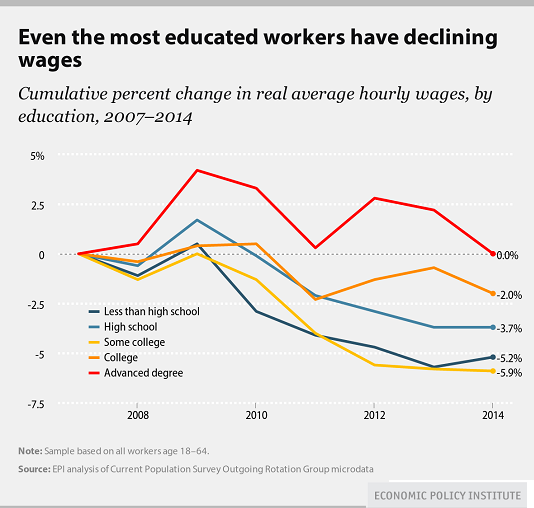In a serious rebuke for President Trump (and perhaps moreso for Senate Majority Leader Mitch McConnell), ousted judge and alt-right favorite Roy Moore has won the Alabama Republican Primary by a landslide.
The Steve Bannon-backed candidate, who defied court orders to remove the Ten Commandments from his courtroom and refused to recognize gay marriage after the Supreme Court’s June 2015 ruling legalizing same-sex marriage, is leading by 13.8 points with 42% of the votes counted, but Bloomberg has now called the result…
- *MOORE DEFEATS STRANGE AS TRUMP-BACKED SENATOR LOSES GOP PRIMARY
Interestingly, former Trump deputy assistant Sebastian Gorka, who backed Moore, said despite Trump backing the establishment favorite, a Moore victory strengthens Trump…
“But guess what happens – when Judge Moore wins on Tuesday, it will strengthen the president because now he’ll be able to go to the establishment GOP – to the swamp dwellers and say, ‘Hey guys, we are back on my agenda. This wasn’t worth it.’
So, the president is going to stay – he’s going to return to the Make America Great Again agenda. We just have to help him, and we’re going to do it from the outside by endorsing people like Judge Moore.”
* * *
As we detailed earlier, after weeks of increasingly bitter and expensive campaigning pitching Steve Bannon-backed former state Supreme Court Chief Justice Roy Moore (well-known anti-establismentarian) against President Trump-backed Senator Luther Strange (establishmentarian), judgment day has finally arrived.
Heading in the polls had Moore a strong favorite (but Strange showing well in recent weeks)
With polls having closed at 8pmET, early results favored Moore heavily.
However, as Politco reported this evening, President Donald Trump began distancing himself from a Luther Strange loss before ballots were even cast, telling conservative activists Monday night the candidate he’s backing in Alabama’s GOP Senate primary was likely to lose — and suggesting he'd done everything he could do given the circumstances.
Trump told conservative activists who visited the White House for dinner on Monday night that he’d underestimated the political power of Roy Moore, the firebrand populist and former judge who’s supported by Trump’s former chief strategist Steve Bannon, according to three people who were there.
And Trump gave a less-than full-throated endorsement during Friday’s rally.
While he called Strange “a real fighter and a real good guy,” he also mused on stage about whether he made a “mistake” by backing Strange and committed to campaign “like hell” for Moore if he won.
Trump was encouraged to pick Strange before the August primary by son-in-law and adviser Jared Kushner as well as other aides, White House officials said. He was never going to endorse Alabama Republican Rep. Mo Brooks, who has at times opposed Trump’s agenda, and knew little about Moore, officials said.
* * *
HotAir.com explained earlier how to interpret the result (and the likely fallout)…
If Strange shocks the world, it’ll be Trump’s crowning glory as president (so far).
He’ll be credited for singlehandedly dragging a lackluster establishmentarian past a well-known populist in a very red state.
His influence over the Republican base will be seen as total and unassailable.
Not even the combined forces of Steve Bannon, Sarah Palin, Sebastian Gorka, Nigel Farage, and Breitbart could counter the gravitational pull of the MAGA north star, as it turned out.
If Strange doesn’t shock the world, if he goes down in flames despite Trump’s best efforts for him over the past two weeks, populism, not Trumpism, will be seen as dominant among the base.
Bannon will exult (privately) that he and Moore taught Trump a hard lesson, that he can’t expect rank and file Republicans to line up behind him unless he sticks to a populist agenda.
Depending on the margin, Trump may be left sweating out a way to spin the defeat.
- If Strange loses by a few points, it’s easy — “Big Luther got close with my help, ran a good race!”
- If he loses by 16, not so easy. Trump will blame McConnell and voter unhappiness at Senate paralysis on ObamaCare but a landslide loss for his guy is a rebuke any way you slice it.
* * *
So, it appears the trend looks like that last bullet point comes into play – watch for the blame game tweets.
via http://ift.tt/2xvb6WF Tyler Durden
